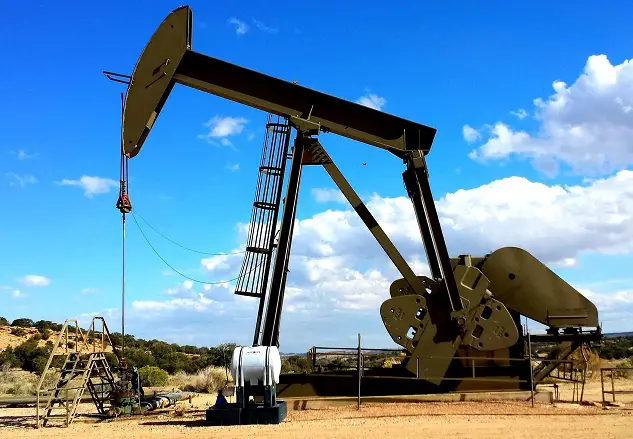In an interview with Energy Intelligence on Tuesday, Saudi Energy Minister Prince Abdulaziz bin Salman warned Western nations not to attempt to cap the price of crude oil sold by the Kingdom, as it would likely be met with a halt of sales and production cuts which would adversely affect the global economy.
He added that he believed most other major oil producers would do the same.
He said, “So, if a price cap were to be imposed on Saudi oil exports, we will not sell oil to any country that imposes a price cap on our supply, and we will reduce oil production, and I would not be surprised if others do the same.”
Bin Salman went on to assert that price cap policies will inevitably trigger market volatility and instability, increasing prices and having negative impacts on the entire global oil industry.
He also mentioned the current US proposal to implement the so-called NOPEC legislation (No Oil Producing and Exporting Cartels Act), which would allow both OPEC and national oil companies to be sued using US antitrust laws. The lawsuits would argue the setting of production quotas to control prices amounts to an anticompetitive attempt to limit the global supply of oil to artificially elevate the prices paid by consumers. He argued the effect of the legislation would be similar, upsetting the market and provoking retaliatory measures from producers.
The EU, the G7 nations, and their allies implemented a collective ban on Russian seaborne crude, as well as a price cap of $60 per barrel. On February 5th, the measures were extended, with another price cap on Russian diesel and other petroleum products as well as an embargo banning almost all Russian oil product imports to Europe.
The Kremlin has opposed such measures, forbidding any oil deals with any nation which even mentions the price cap regimes in its contracts. In February Moscow announced it would voluntarily restrict its own production output by 500,000 barrels per day as it ceases all sales to nations which are seeking to comply with the price cap regimes.
Bin Salman noted, these “new layers of risk and uncertainty” are being added to the global oil market “at a time when clarity and stability are most needed.”

